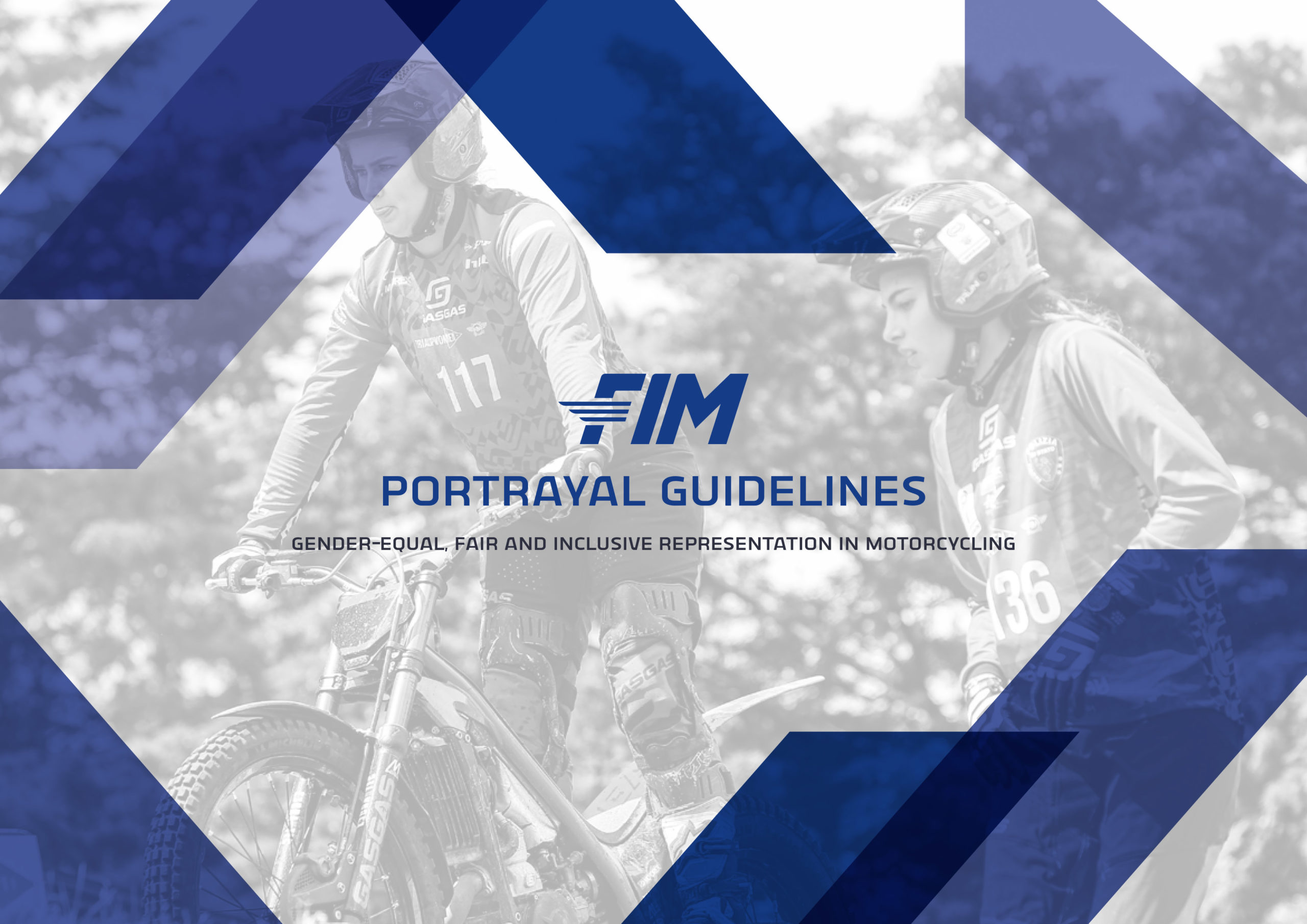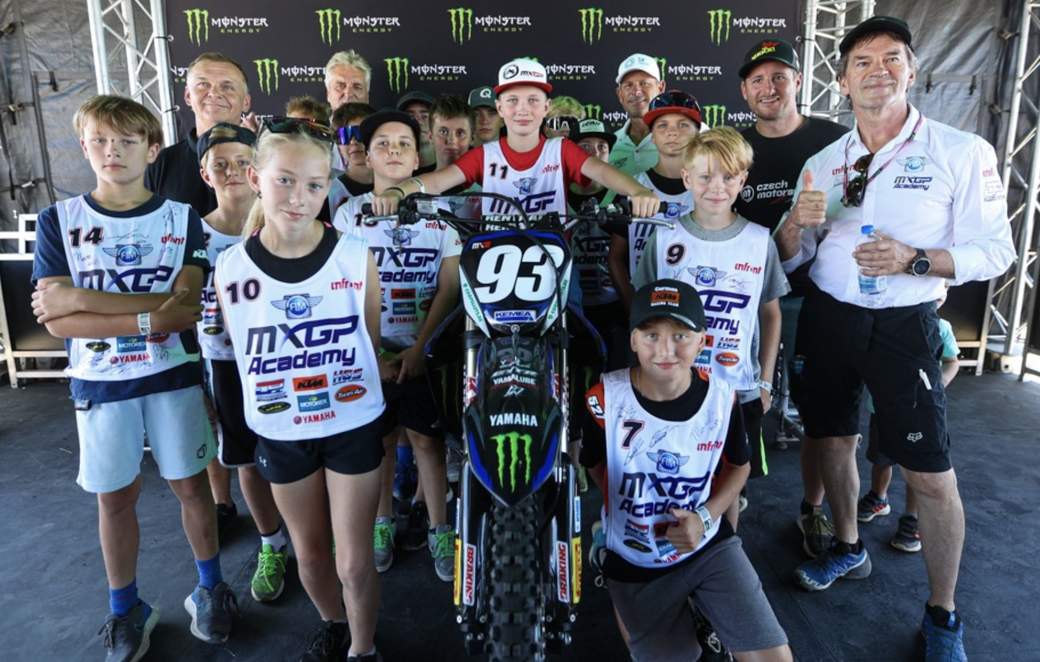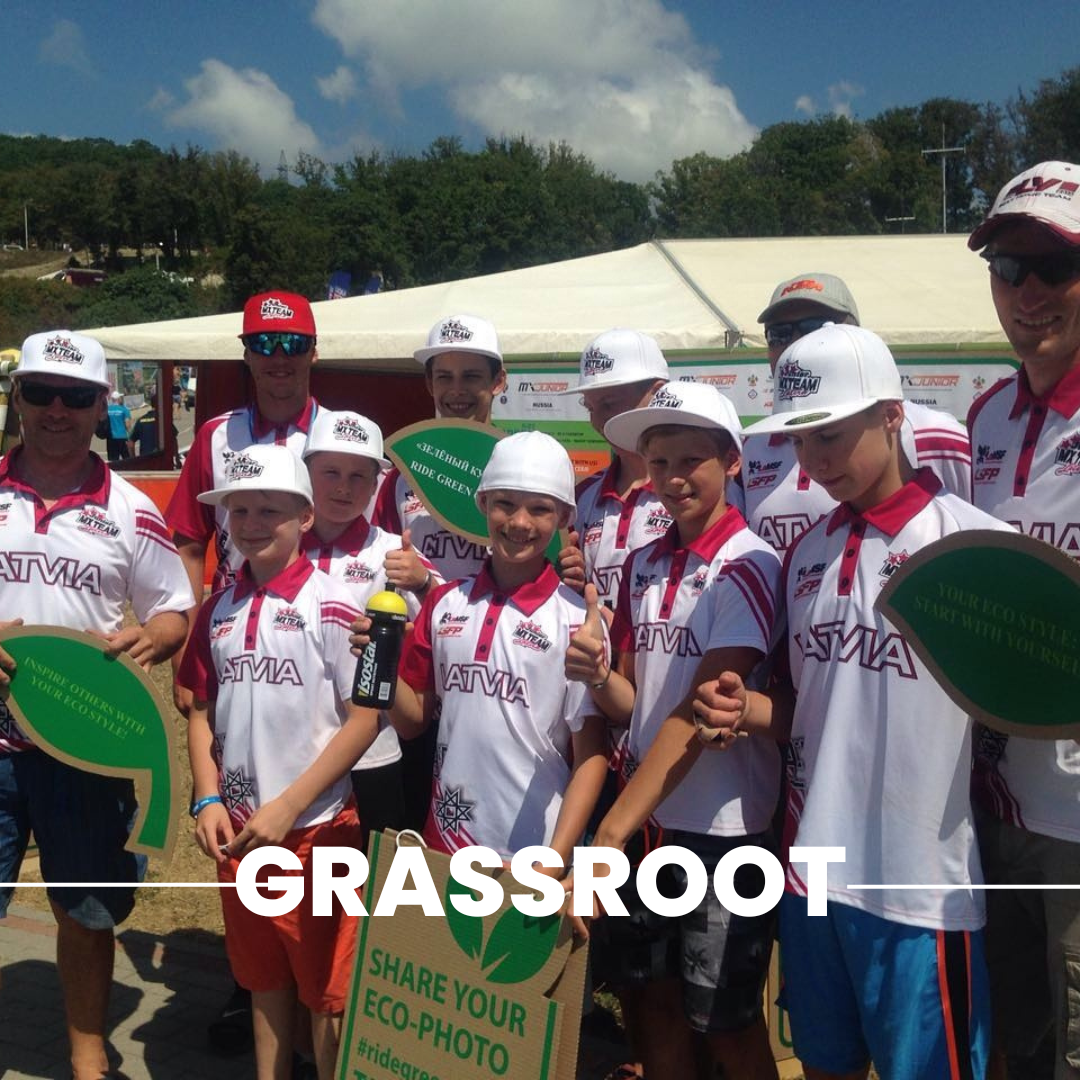Who we are
What we do
News
FIM Portrayal Guidelines
Background The current CFM activities focus on the following 3 correlated areas: Portrayal; Increasing female presence across commissions [...]
MXGP Academy for Women
Background The first MXGP Women's Academy was held back in 2018, in Assen, and is finally returning to [...]
Grassroot Environmental Education
Background For the governing body, Environmental Education aims to raise awareness amongst the community and stakeholders. Therefore, this [...]


